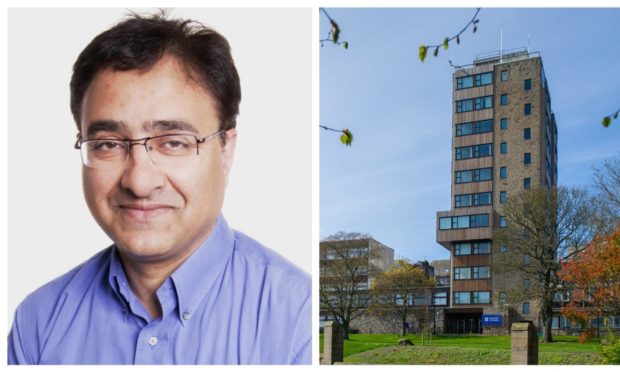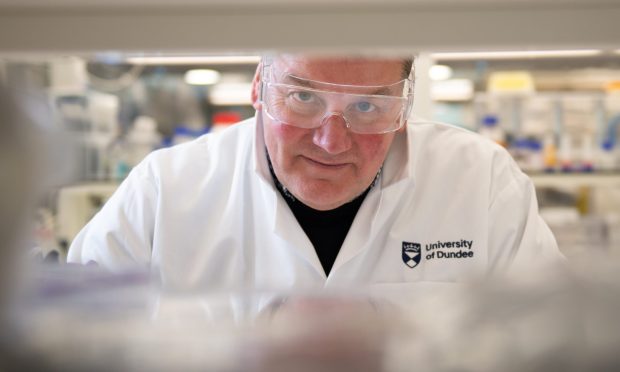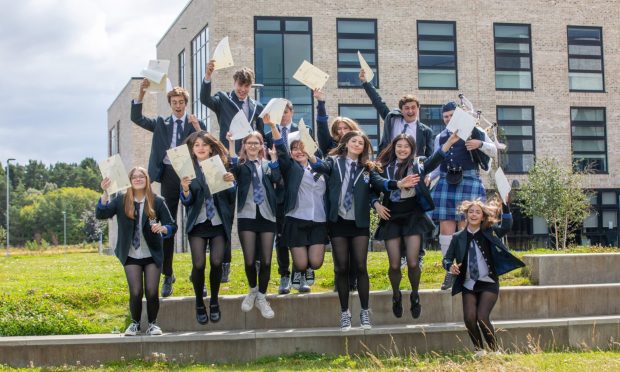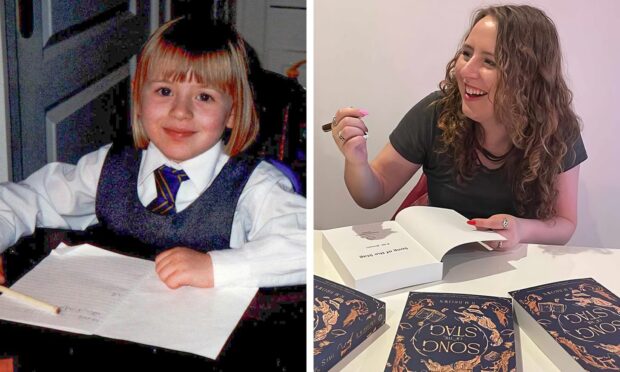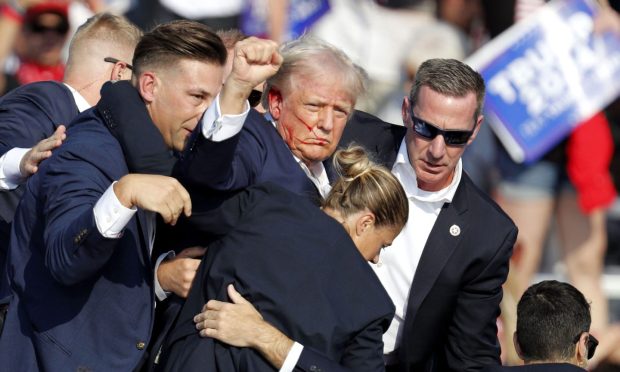A well-respected Dundee professor and surgeon has been sanctioned after attempting to cover up plagiarism.
Professor Ghulam Nabi was found by an independent body to have committed serious misconduct during the incidents five years ago.
Investigators say the situation arose after Prof Nabi reviewed and rejected for publication a manuscript submitted by another doctor.
However, he passed on unpublished excerpts to one of his students who copied over a quarter of the work.
The work was published in the Urological Oncology Journal but then peer reviewed by the original author who complained to the editor.
When approached by the editor about the apparent plagiarism, the Medical Practitioners Tribunal Service (MPTS) found Prof Nabi’s emails were “misleading”.
It also found the experienced consultant had failed to adequately check the work for plagiarism.
‘Lack of candour’
In his ruling, tribunal chair Mr Paul Moulder stressed Prof Nabi is well-respected and regarded as a man of “good character” but said his actions “deviated from accepted ethical standards”.
He said: “It [the tribunal] was concerned that Professor Nabi had not reflected upon the aspects of this case which the tribunal found were misleading and a lack of candour.
“Professor Nabi failed to own up that the plagiarism occurred from his group early on in the informal and formal investigatory process, denying that he intended to mislead.
“Whilst the tribunal accepted that Professor Nabi was a busy clinician and academic at the time of these events, this did not detract from the fact that his actions were misleading, as found by the tribunal.”
He added: “However, the tribunal considered that there were some mitigating features such as the significant passage of time since these events, with no further concerns in this regard.
“Professor Nabi was, prior to these events, and as is supported by the testimonial evidence, regarded as a man of good character.
“The testimonials made clear he is highly regarded by his colleagues. During his evidence Professor Nabi conceded that there were some areas of his practice which required improvement, such as the use of his English language in correspondence.
“Professor Nabi had admitted parts of the allegation and had apologised for those parts of the allegation that he had admitted.”
Professor feels ’embarrassed’ by tribunal
Prof Nabi is professor in Surgical Uro-oncology and is head of the research division of Imaging and Technology in Dundee University’s School of Medicine.
He is also lead for laparoscopic and prostate cancer surgery in NHS Tayside.
In 2018, he led a team of researchers who developed a new form of non-invasive prostate cancer diagnosis and treatment.
The work was hailed by former Dundee University rector Stephen Fry, who has received surgery for the disease.
Prof Nabi could not be reached for comment but previously said: “I vehemently deny the allegation of plagiarism.
“The university did not find that I committed plagiarism and I shall be fighting my case against this allegation at the MPTS.”
The case was brought forward by the General Medical Council (GMC), which investigates allegations against medics.
Speaking at the tribunal, Prof Nabi’s lawyer Lee Gledhill said in defence of the surgeon that he is a man of high standards and held in high regard by colleagues.
He stated that, as head of funding, the tribunal was embarrassing for him and his reputation was damaged because the university had to inform all funding organisations/sponsors of this event.
The tribunal determined Prof Nabi’s fitness to practise is impaired and determined to impose conditions on his registration for a period of nine months.
He can continue in all his current roles.
The conditions include developing a personal development plan to meet “deficiencies” in areas of his practice.
The tribunal also directed a review hearing to take place.
A spokesperson for Dundee University said: “We are aware of the outcome and we are cooperating fully with the GMC to satisfy the conditions of the tribunal.”
